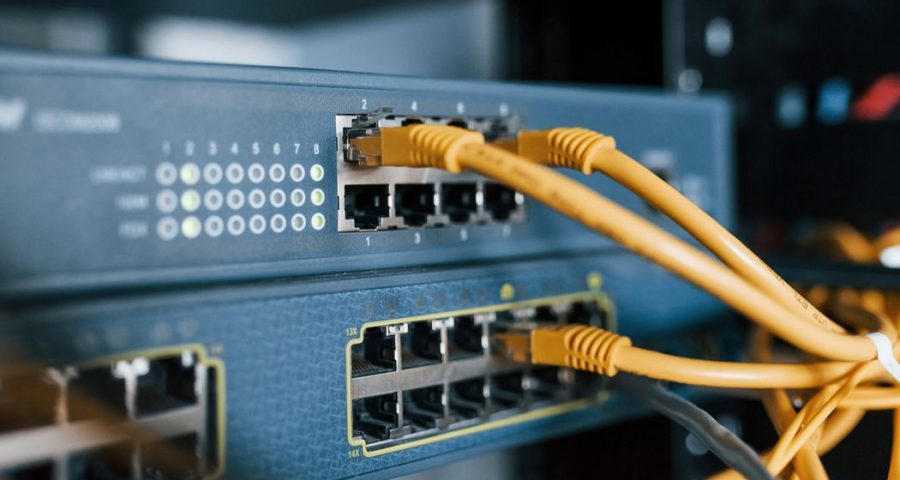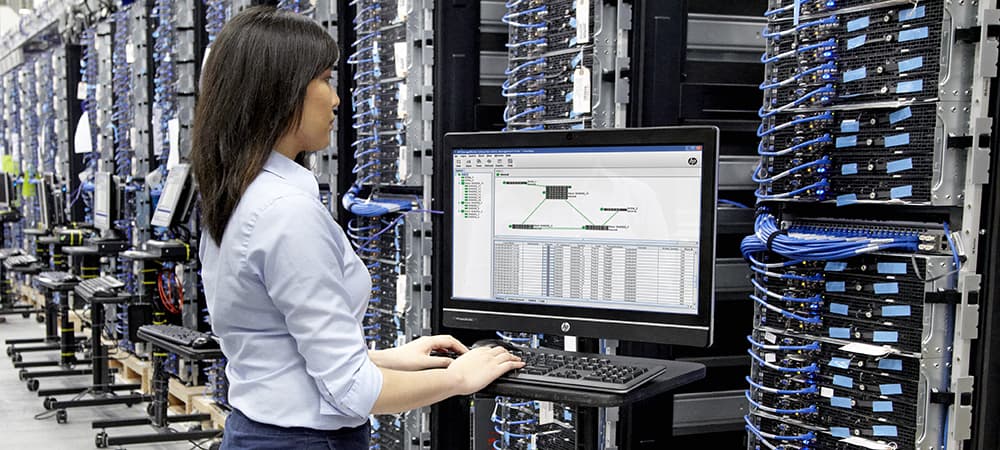Hitchin, located in the beautiful county of Hertfordshire in England, is a bustling town with a long and illustrious past and a flourishing society. Small businesses in Hitchin are rapidly becoming aware of the need for a dependable and effective server to support their operations to remain competitive in this hectic town. Data storage, file sharing, and network connectivity are all made possible thanks to using servers in an organisation’s information technology architecture. However, finding the most appropriate server can be daunting for small business owners who may need more technical skills.
When a small firm has more than two or three employees, it is time to start considering investing in a server computer for the workplace. Depending on the circumstances, a “server” can be either a server’s hardware or software or refer to the functionality of either or both. If you’re going to buy a server, you should first ask yourself, “What problem are you trying to solve?” This is true for any piece of equipment you can buy.
When Selecting a New Server, Consider the Following Factors
Modern servers have a limited refresh period. As a result, you must make the best decision to maximise your return. When purchasing a new server, consider the following considerations.
1. Security is crucial
Protecting servers is an essential function for all businesses, regardless of size. You will not only be responsible for protecting the data that pertains to your company’s operations but also the data that pertains to your employees, business partners, and clients.
A server hosted in the cloud is an option worth considering if you need more confidence in your ability to manage security controls, operate a small business, or need access to a dedicated team. Your company and the third party will equally share the responsibility for maintaining the confidentiality of your data. Conversely, servers hosted in the cloud would present a greater risk of being attacked by cybercriminals. Investigate the history of breaches committed by the third party before making any commitments.
If your firm already has personnel knowledgeable about technology and security, or if you can acquire someone who is a dedicated server is an excellent solution for your organisation. You will be completely accountable for the protection of your data as well as the management of the existing security protocols.

2. Scalability
Scalability is yet another essential aspect to take into consideration. You can satisfy your existing requirements if you invest in a server that is not overly expensive. On the other hand, if you want your business to grow, add the server. It is essential to consider the company’s possible capacity requirements. To scale up, you must only purchase a different server if scalability is not an issue. This may also lead to the proliferation of server space. If you invest a lot of money into purchasing servers, you won’t have to invest any more for many years.
However, corporations frequently tend to exaggerate the future requirements of their operations. If you overestimate your needs, the vast bulk of the computer resources at your disposal will go to waste. Additionally, it will drive up the overall cost of maintaining the server. It would be best if you made an effort to determine the possible requirements that the organisation has. This will guarantee that you acquire the appropriate server for your needs.
3. Downtime
You will run into this issue if you purchase servers with a low price point. These servers, in general, have a lower degree of dependability. As a direct consequence of this, they are prone to falling. You can handle this problem if you are not utilising a centralised network. On the other hand, a centralised network can bring your entire operation to a standstill in only a few seconds if there is an outage.
Certain companies pay no attention to downtime. Because of this, they don’t have to worry about the dependability of the information. Downtime, on the other hand, might be responsible for large income losses in certain fields. If you need your servers to be reliable, you should shell out extra money for higher-end servers. These servers will also have the most modern and cutting-edge redundancy technologies. This can reduce the amount of downtime experienced by your server.
Cloud vs On-Premises Servers for Small Businesses
Because of their lower overhead costs, cloud servers are the platform of choice for most of today’s small enterprises. Having servers located on-premises can make it simpler to obtain IT assistance, assure interoperability with computers running Windows and Mac operating systems, and guarantee that you will always have access to the most recent technological advancements. When a company stands to gain from these advantages, the price difference between the two options is negligible.








